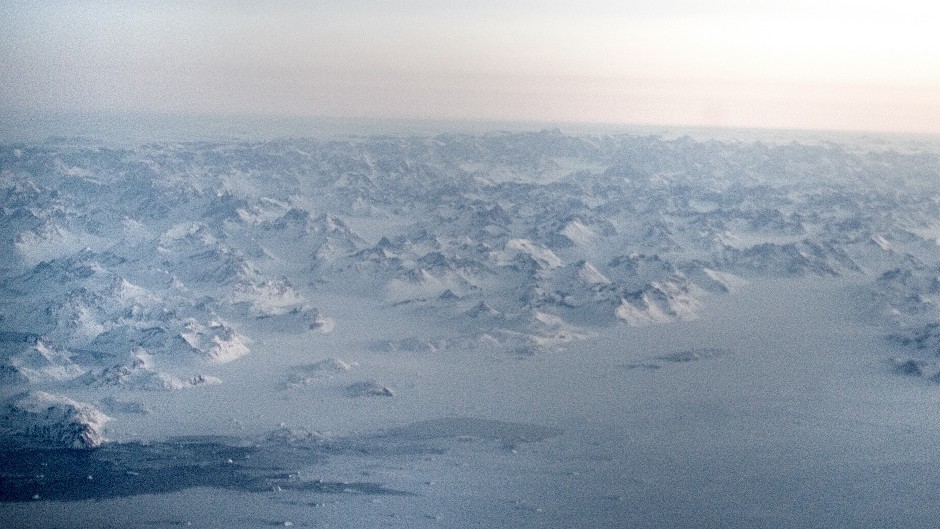Jamie McKenzie
Veterans of the perilous Arctic convoys in World War II were honoured at a medals ceremony in Inverness on Saturday.
The Ushakov Medals were awarded as a symbol of Russia’s gratitude to Britain’s Arctic heroes who ferried vital food and weapons to the east as part of efforts to fight the Nazi advance.
Many of the Arctic convoys sailed from Loch Ewe, in Wester Ross, while naval escorts sailed from Scapa Flow, in Orkney.
The accolade is named after Russia’s most acclaimed Navy commander, Fyodor Ushakov, and is a state military award of the Russian Federation.
Among those receiving medals were Reay Clarke from Tain, Cecil Miller from Skye, Lawrence Knowles from Elgin, William Shand from Nairn, Robert Muirhead from Pitlochry, John Grigor from Elgin, and David Craig from Glasgow, who is originally from Inverness.
They were presented by the consul general of Russia in Edinburgh, Andrey Pritsepov, who also presented an eighth medal to the family of Robert Fraser, from Ardersier, who died last month.
Inverness Provost Alex Graham attended the ceremony, alongside representatives of Royal Navy and Merchant Navy related organisations.
A total of 214 medals have been presented over the past week at similar events, which were also held in Aberdeen, Glasgow and Edinburgh.
In total, 78 convoys sailed to and from Russia between August 1941-45, which were escorted by various allied navies, including the Russian.
As well as the British Merchant Navy, the Russian, US, Canadian, Norwegian and Dutch merchant fleets, were also involved.
